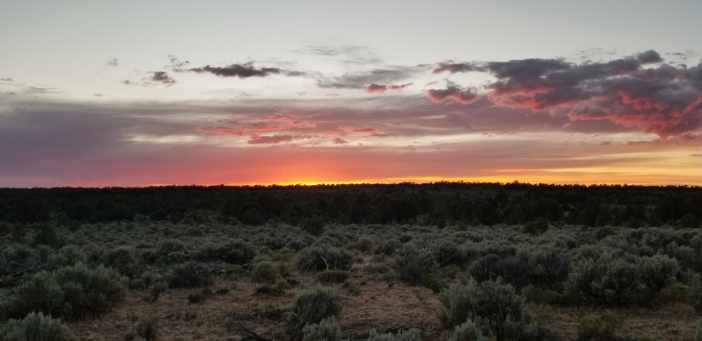
- Details
- By Jenna Kunze
Earlier this month, the National Congress of American Indians adopted a resolution supporting the rights of nature at its mid-year conference in Anchorage, Alaska.
The National Congress of American Indians, founded in 1944, is the oldest and largest group representing American Indian and Alaska Native tribal governments and communities.
The resolution, developed by Menīkānaehkem and the Center for Democratic and Environmental Rights, asserts that Indigenous Peoples “authority and ability…to protect the natural environment is essential to our inherent sovereignty and self-determination,” an ability at risk “from the many environmental crises that we face today,” and exacerbated by “environmental laws [that] treat nature and Mother Earth as a non-living entity existing for human use.”
Additionally, the resolution references tribal efforts already in effect to protect and enforce the rights of nature, including the Menominee Tribe of Wisconsin’s resolution recognizing rights of the Menominee River; The White Earth Band of Ojibwe’s ‘Rights of Manoomin,’ (wild rice); The Yurok Tribe recognizing the rights of the Klamath River; and the Nez Perce recognized rights of the Snake River; and both The Ponca Tribe of Oklahoma and the Oneida Nation recognizing rights of nature laws and resolutions.
More Stories Like This
A River Worth Defending: Chilkat Community Mobilizes Against MineU.S. Forest Service Approves Drilling at Pe’ Sla, Threatening Indigenous Land and Water
Gwich'in Tribal Governments Submit Comments Challenging Fish and Wildlife Service's Inadequate Environmental Review of Arctic Refuge Snow Road
Rappahannock Tribe Challenges 9M-Gallon Water Plan
Feds release draft long-term plans for Colorado River management
Help us defend tribal sovereignty.
At Native News Online, our mission is rooted in telling the stories that strengthen sovereignty and uplift Indigenous voices — not just at year’s end, but every single day.
Because of your generosity last year, we were able to keep our reporters on the ground in tribal communities, at national gatherings and in the halls of Congress — covering the issues that matter most to Indian Country: sovereignty, culture, education, health and economic opportunity.
That support sustained us through a tough year in 2025. Now, as we look to the year ahead, we need your help right now to ensure warrior journalism remains strong — reporting that defends tribal sovereignty, amplifies Native truth, and holds power accountable.
 The stakes couldn't be higher. Your support keeps Native voices heard, Native stories told and Native sovereignty defended.
The stakes couldn't be higher. Your support keeps Native voices heard, Native stories told and Native sovereignty defended.
Stand with Warrior Journalism today.
Levi Rickert (Potawatomi), Editor & Publisher


